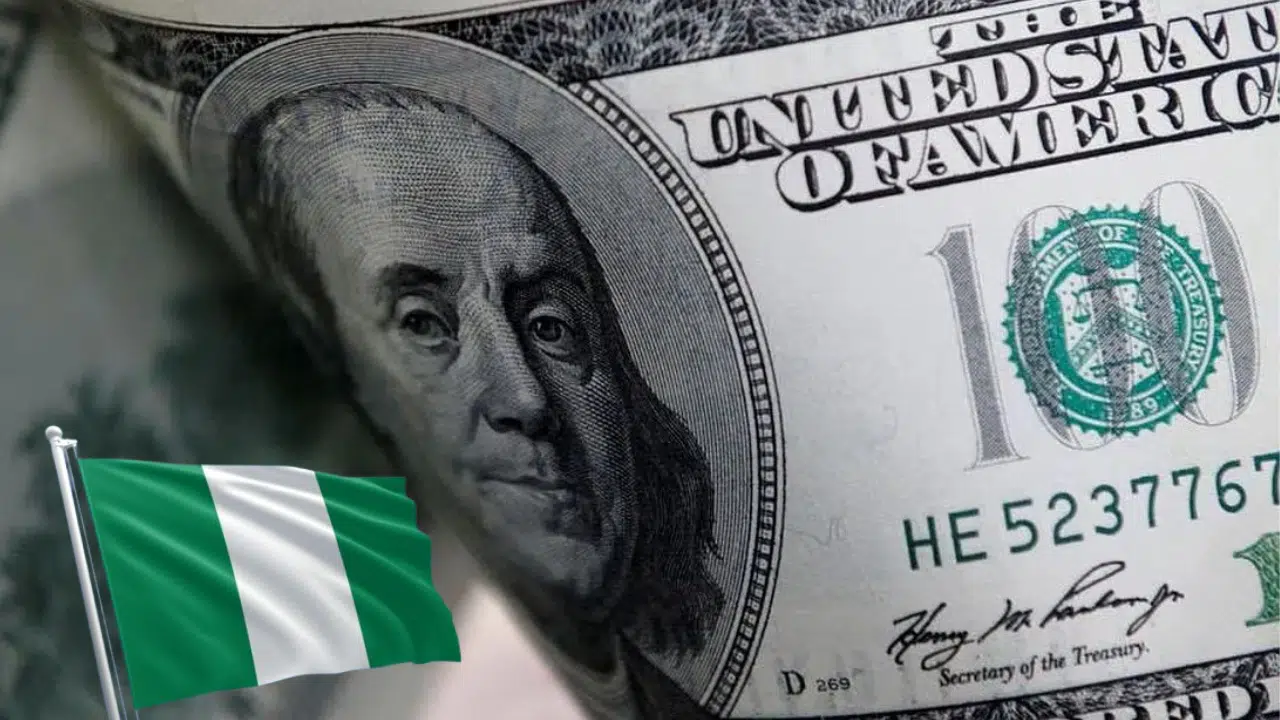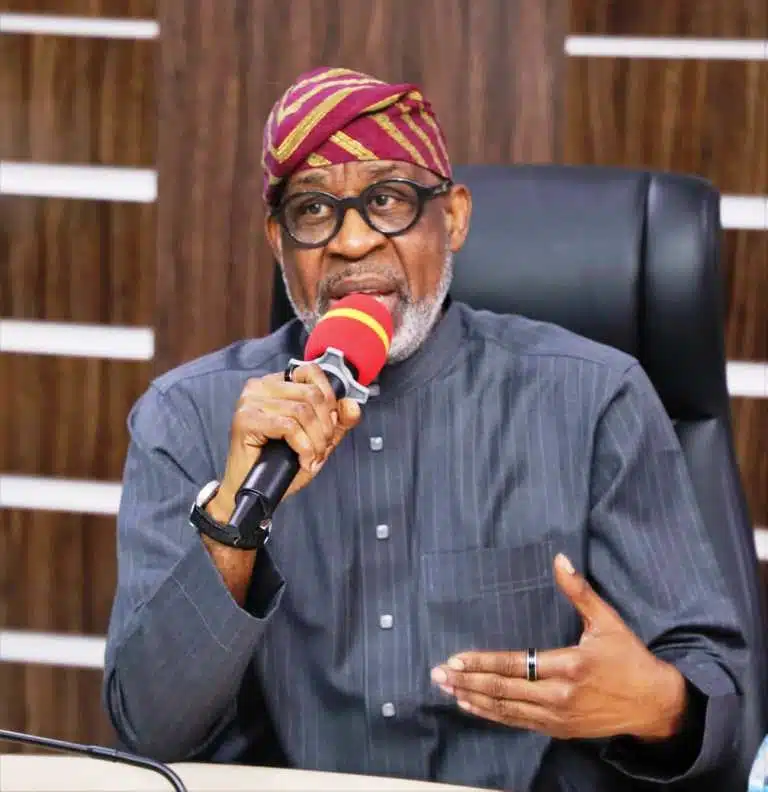Nigeria recorded a Balance of Payments (BoP) surplus of $6.83 billion in 2024, marking a sharp reversal from consecutive deficits in the previous two years, according to new data released Wednesday by the Central Bank of Nigeria (CBN).
The improvement—driven by a surge in portfolio inflows, strong trade numbers, and resilient remittances—signals renewed investor appetite but also raises questions about the quality of capital entering the economy.
The country’s external balance improved substantially from a $3.34 billion deficit in 2023, supported by a current and capital account surplus of $17.22 billion.
A goods trade surplus of $13.17 billion anchored this performance, aided by a 48.3% rise in gas exports and a 24.6% increase in non-oil exports.
On the import front, petroleum and non-oil imports declined by 23.2% and 12.6% respectively, reflecting tighter foreign exchange management and possible improvements in domestic substitution.
Personal remittances grew by 8.9% to $20.93 billion, while inflows from International Money Transfer Operators (IMTOs) jumped by 43.5% to $4.73 billion. Official development assistance also recorded a mild uptick to $3.37 billion.
The biggest gains, however, came from Nigeria’s financial account.
Portfolio investment—widely regarded as “hot money” due to its short-term nature—more than doubled to $13.35 billion in 2024, a 106.5% increase that helped push the overall financial account into positive territory.
The CBN also noted a $5.41 billion rise in residents’ foreign currency holdings, suggesting improving confidence in the macroeconomic environment.
But beneath the headline figures lies a more sobering reality: foreign direct investment (FDI) fell by 42.3%—year-on-year—to $1.08 billion.
FDI, unlike portfolio inflows, tends to be more stable and job-creating, involving long-term commitments to sectors like manufacturing, telecoms, and infrastructure.
Analysts see FDI as a litmus test for investor confidence in the long-term trajectory of an economy.
A decline of this magnitude, even in a year of surplus, suggests lingering concerns about structural reforms, policy consistency, and the ease of doing business.
While Nigeria’s external reserves climbed by $6 billion to reach $40.19 billion at year-end, and net errors and omissions—a proxy for data discrepancies—fell sharply from $24.90 billion to $5.10 billion, concerns remain about the sustainability of the current momentum.
The CBN attributed the turnaround to key reforms, including the liberalisation and unification of the foreign exchange market, tighter monetary policy, and improved coordination between fiscal and monetary authorities.
The bank’s governor hailed the BoP surplus as “evidence of effective policy implementation and our unwavering commitment to macroeconomic stability.”
Yet, with FDI retreating and much of the capital gains coming from highly mobile portfolio flows, Nigeria’s challenge in 2025 may lie in converting short-term investor interest into long-term economic partnerships.








